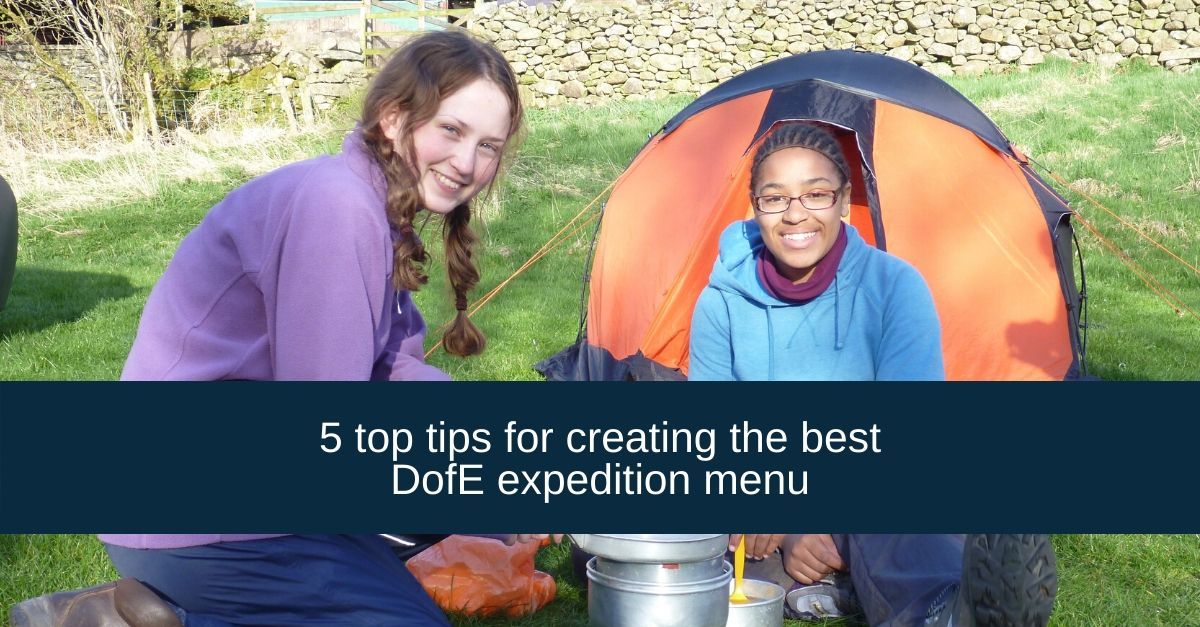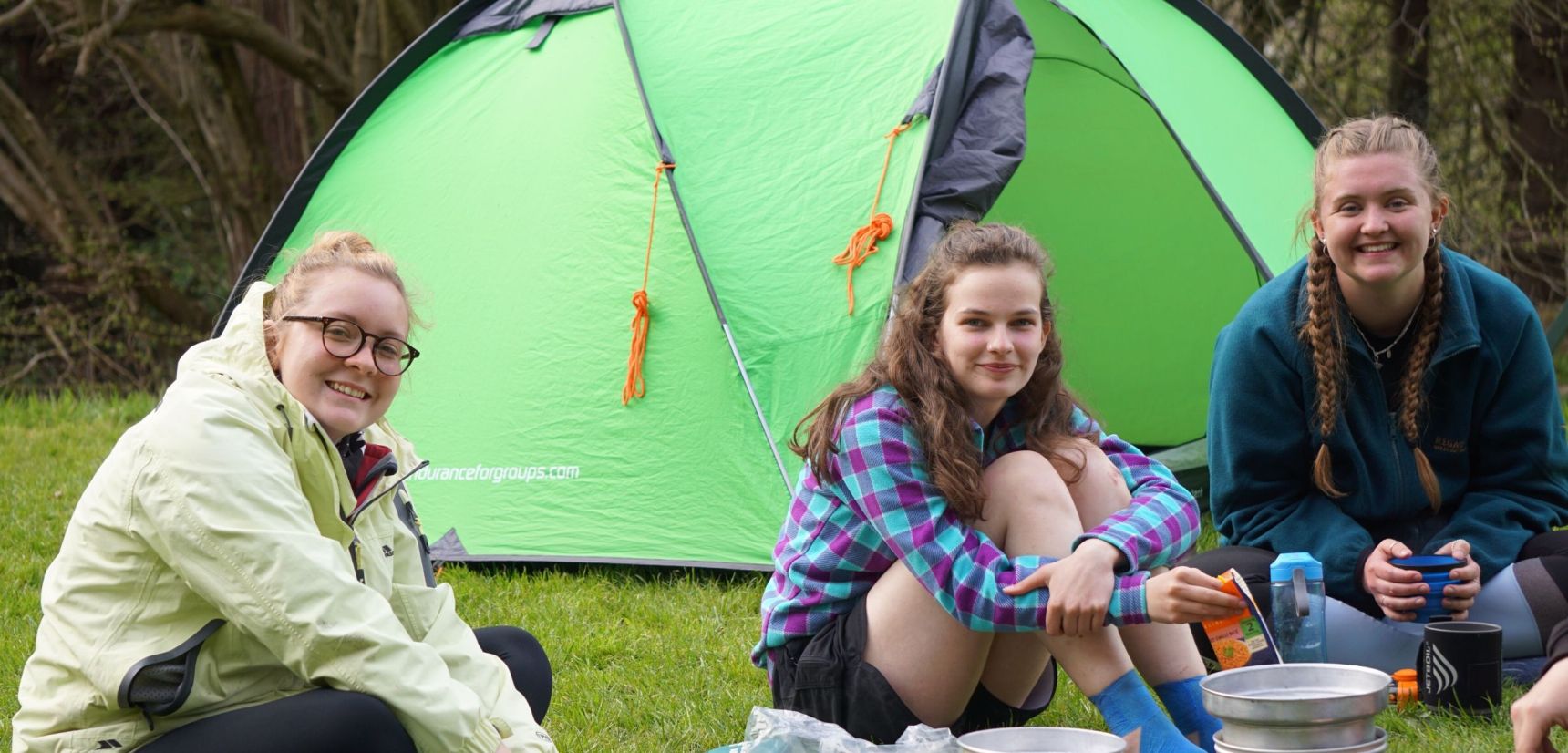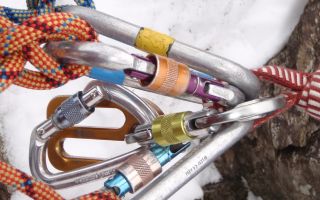5 Top Tips for creating the best DofE Expedition Menu
Category: DofE Advice and Guidance
Posted by Ben Keen - Director

DofE Meal Planning
#1 - Plan each meal and day of your menu carefully
- Breakfast
- Lunch
- Dinner
- Include snacks and drinks
TIP - Putting all of the food for each day in separate bags (i.e. Day 1, Day 2 etc). Label each bag so you which days food you should be eating. Go one step further and write on the bag what food is in there for each meal.
#2 - Select foods which are tasty, high in calories and essential energy
Your daily intake of calories should be approximately 3000 - 3500 calories, to take into account the heavy bag you will be carrying and the amount of energy you will be exerting. Energy should come predominately from slow energy release foods. Do not be tempted just to pack sugar-rich foods like sweets. You can eat the sweets as motivational snacks during the day.
TIP - Think about the food which you enjoy. You are far more likely to eat the food you are familiar with. Experiment at home before your expedition.
#3 - Consider how quick and easy your food will be to cook
When you get in to camp at the end of a long day and you're tired, you'll wan to eat as quickly and as easily as possible. Dehydrated food such as pasta and cereals are not only light weight, but are also only require boiling water to prepare. A full meal could be ready in under 10 minutes.
TIP - Trial your food at home. Work out portion sizes of pasta, rice or cons cons and put them in to separate bags. All you have to do then is tip in to bilking wanter and you know you'll have a substantial meal.
#4 - Think about how heavy your food will be to carry
You should plan for 1 kilo in weight per day. Throw away any packaging to save weight and space. Place your food in sealable bags with portions already weighed out. Also, avoid perishable food which needs to be refridgerated, these will go off during the expedition and make you sick.
Tins and glass jars are very heavy. The food inside will be 'wet food' which will mean it already has heavy fluids in it.
TIP - Dried food is light weight. Eat pastas, Couscous or rice. They take minutes to heat up and cook and only require boiling water.
#5 - Have hot and cold drinks as part of your expedition menu plan
To prevent getting ill from dehydration, you should be drinking at least 4 litres of water a day in normal weather conditions. This takes in to account the sweating you will do during the day. Plan to have at least 2 hot drinks a day, one for breakfast and one with your evening meal. flavouring your water may mean you drink more of it and stay hydrated.
TIP - Try to drink a litre of water at the start of the day with your breakfast. This means you will start your day hydrated and will feel healthier and stronger.


